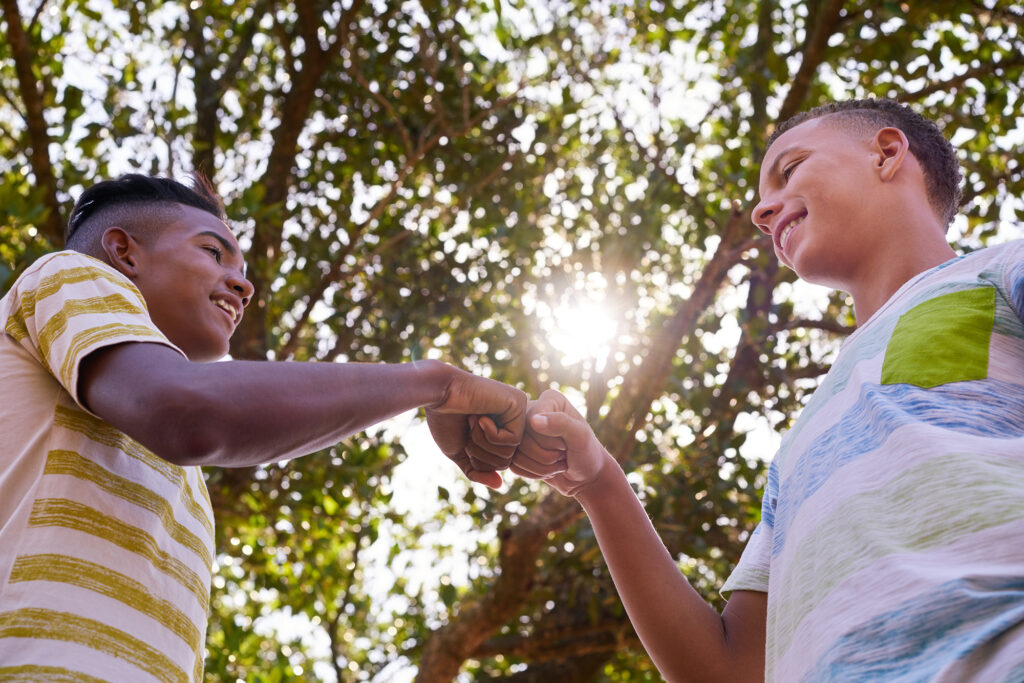How can UN CC:Learn and partners better encourage youth to get involved in climate action?
On 24 May 2023, UN CC:Learn and partners got together at the Dialogue Space on Learning through Youth to answer this and other questions related to the role of youth in climate action.
This Dialogue Space was set up as part of UN CC:Learn’s fifth implementation phase with the purpose of providing UN CC:Learn partners with a platform to discuss, share experiences, and collaborate on ways of strengthening youth capacity for climate change action and learning. This Space recognizes the role of youth as key leaders in climate action and strives to create and leverage synergies among UN CC:Learn partners to support youth in their climate endeavors.
The event was led by the newly appointed chair of the Learning through Youth Dialogue Space, Dr. Amanda Katili Niode, Director of the Climate Reality Project Indonesia, whose one-year term commenced in March 2023. Dr. Niode highlighted that there are 1.8 billion young people aged 18-24 globally today, which represents the largest youth generation in history. She also stressed that youth are already taking actions in favor of the climate around the world but that they require support, such as coaching, to unleash their full potential and harness their best ideas and solutions.
Dr. Niode and her team introduced the Climate Reality Project Indonesia, which is the Indonesia branch of the Climate Reality Project, a not-for-profit organization founded in the United States in 2006 with a mission to increase global public awareness of the climate crisis at a grass roots level. Dr. Niode and team highlighted three key projects being carried out by Climate Reality Project Indonesia: the Climate Hero project, the Youth Leadership Camp and the ClimArt project.
After the presentation, partners were invited to showcase their youth initiatives and answer three questions:
- What are some effective strategies for communicating the urgency of climate change to other young people and to older generations?
- How can we encourage more young people to get involved in climate activism, advocacy, and action?
- How would you like to engage in climate action?
The one-hour discussion engaged participants, who provided their inputs throughout. A few takeaways from the discussions were: for the first question, partners agreed that the creation of an open space for people of all ages to share their perspectives and experiences can be enrich the climate change discourse. For the second one, capacity building arose as one of the key elements to encourage more youth to act on climate change. And for the final question, the World Scouts movement was brought up as a good way to get a large number of young people engaged in climate action.
To wrap up the event, Mr. Angus Mackay, Head of the UN CC:Learn Secretariat, delivered final remarks that touched on the importance of having both quantity and quality in youth climate action, since all degrees of involvement are needed given the urgency of the climate crisis. He also emphasized the role of international cooperation in collaborative and impactful action.

